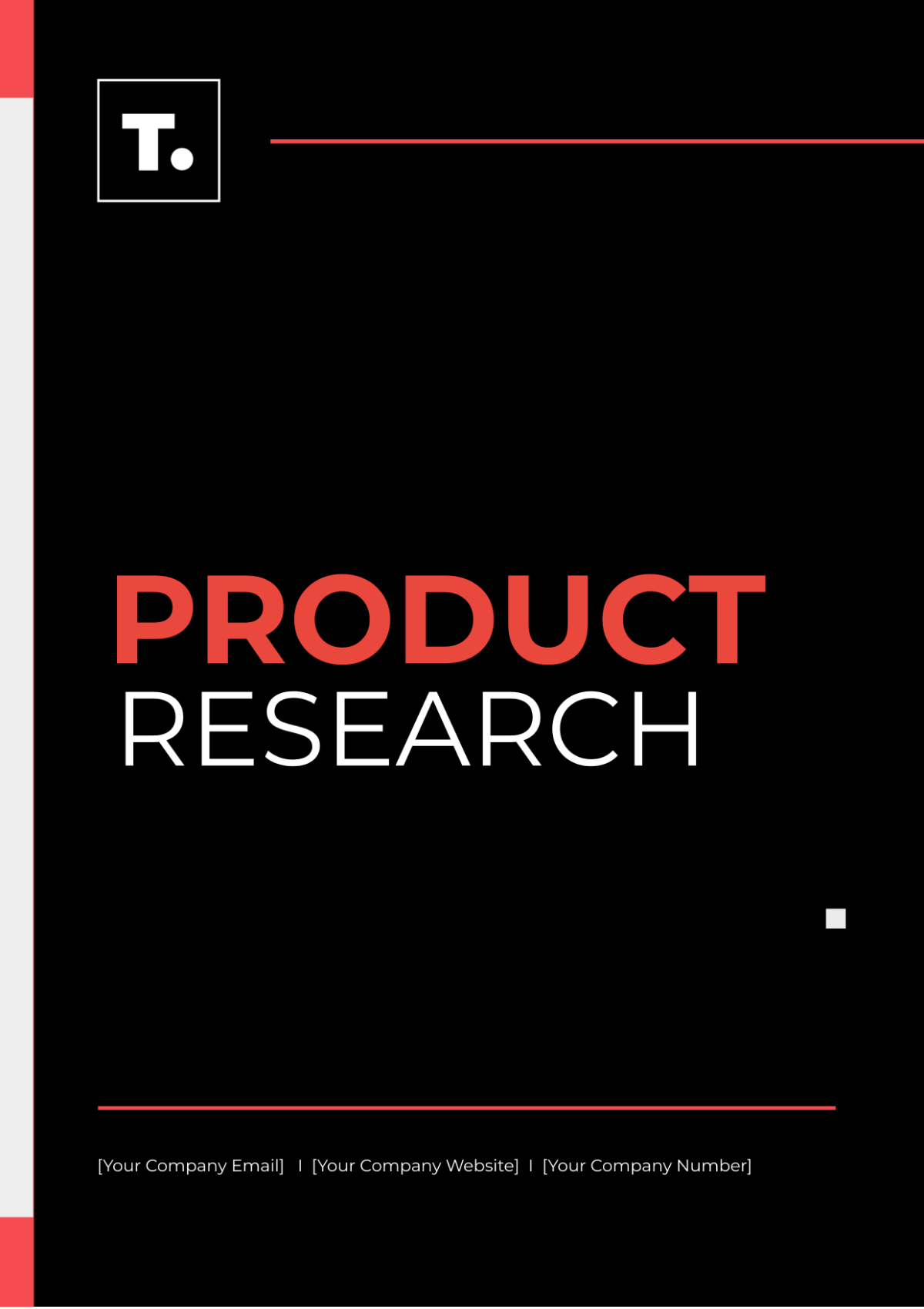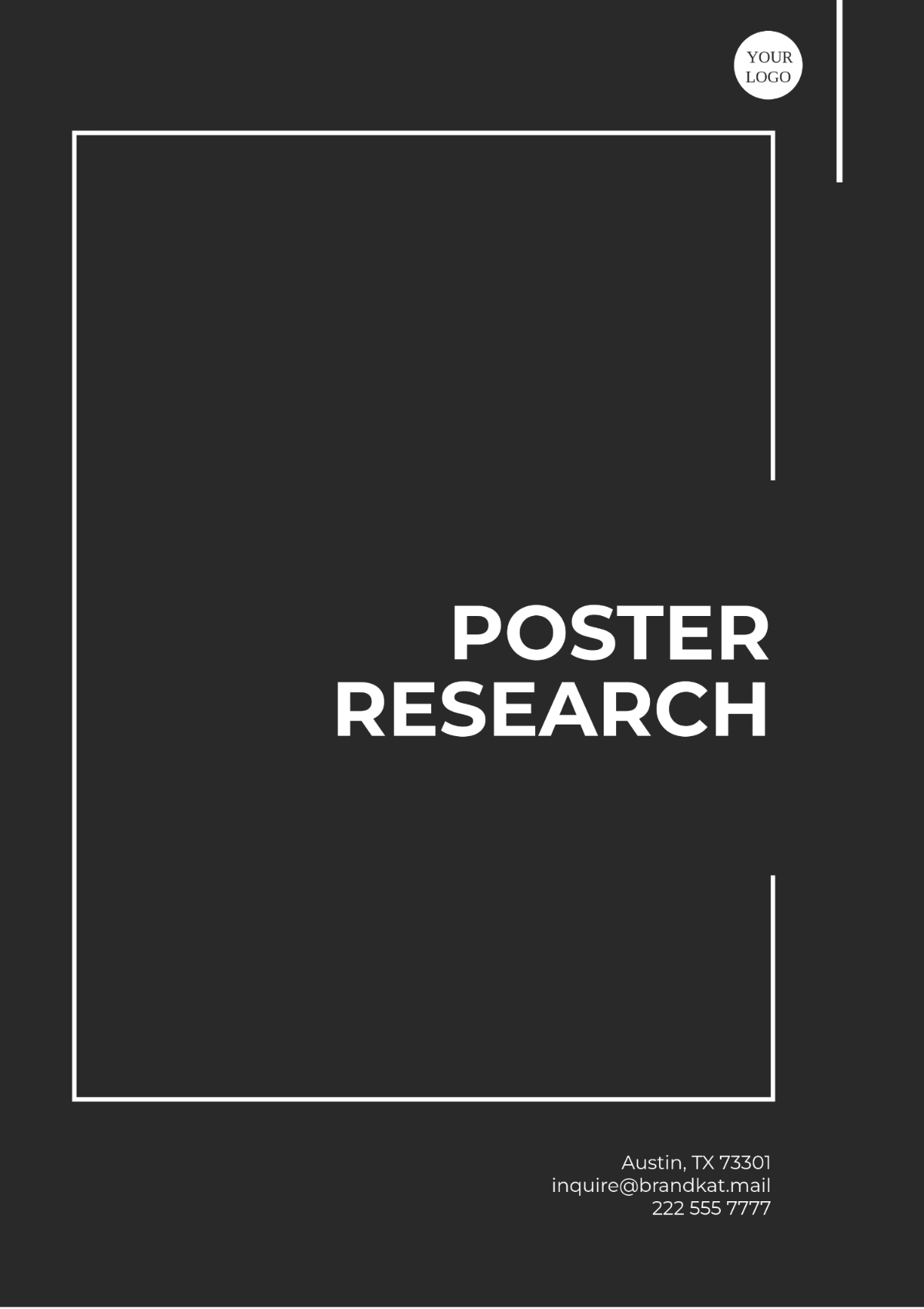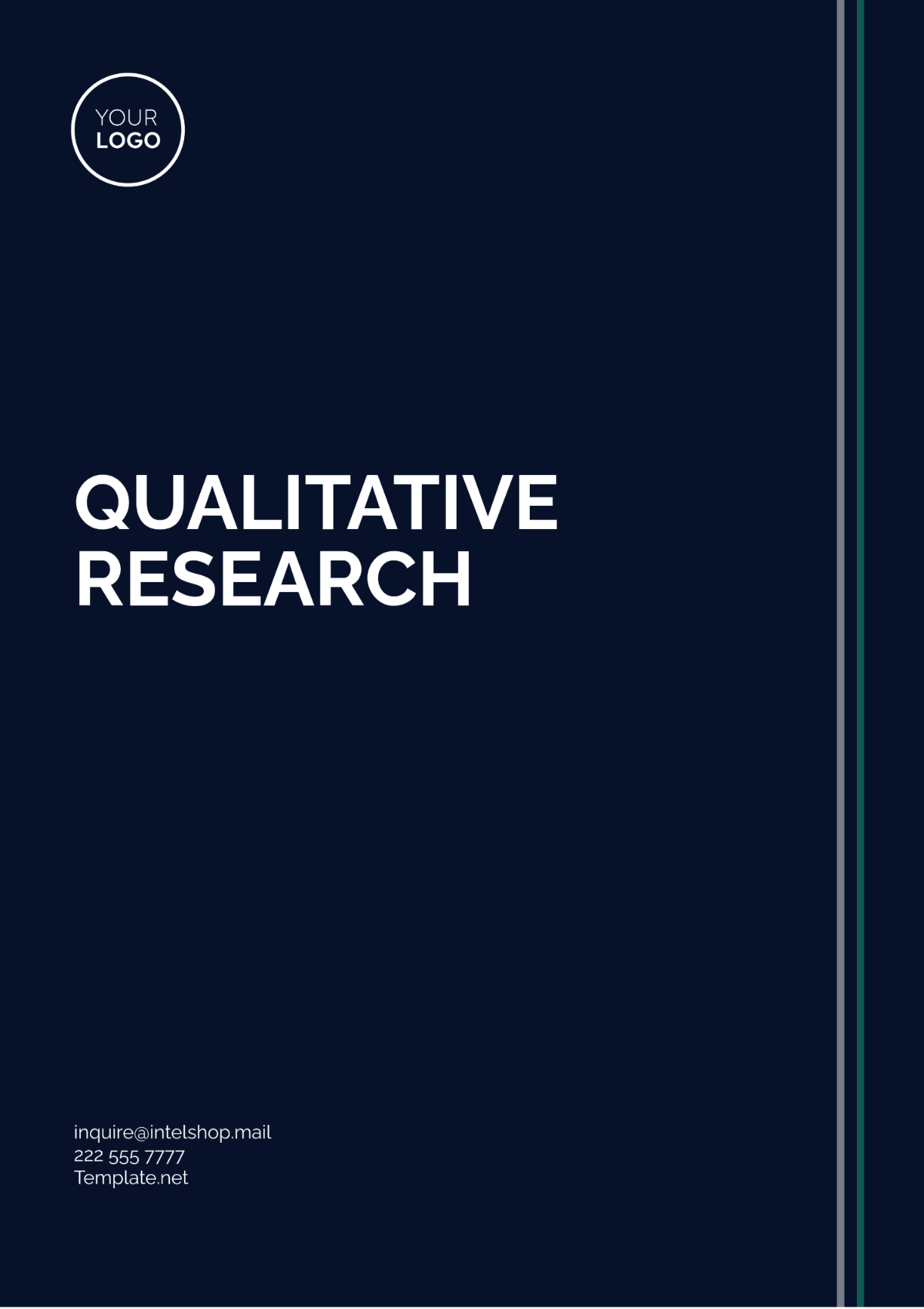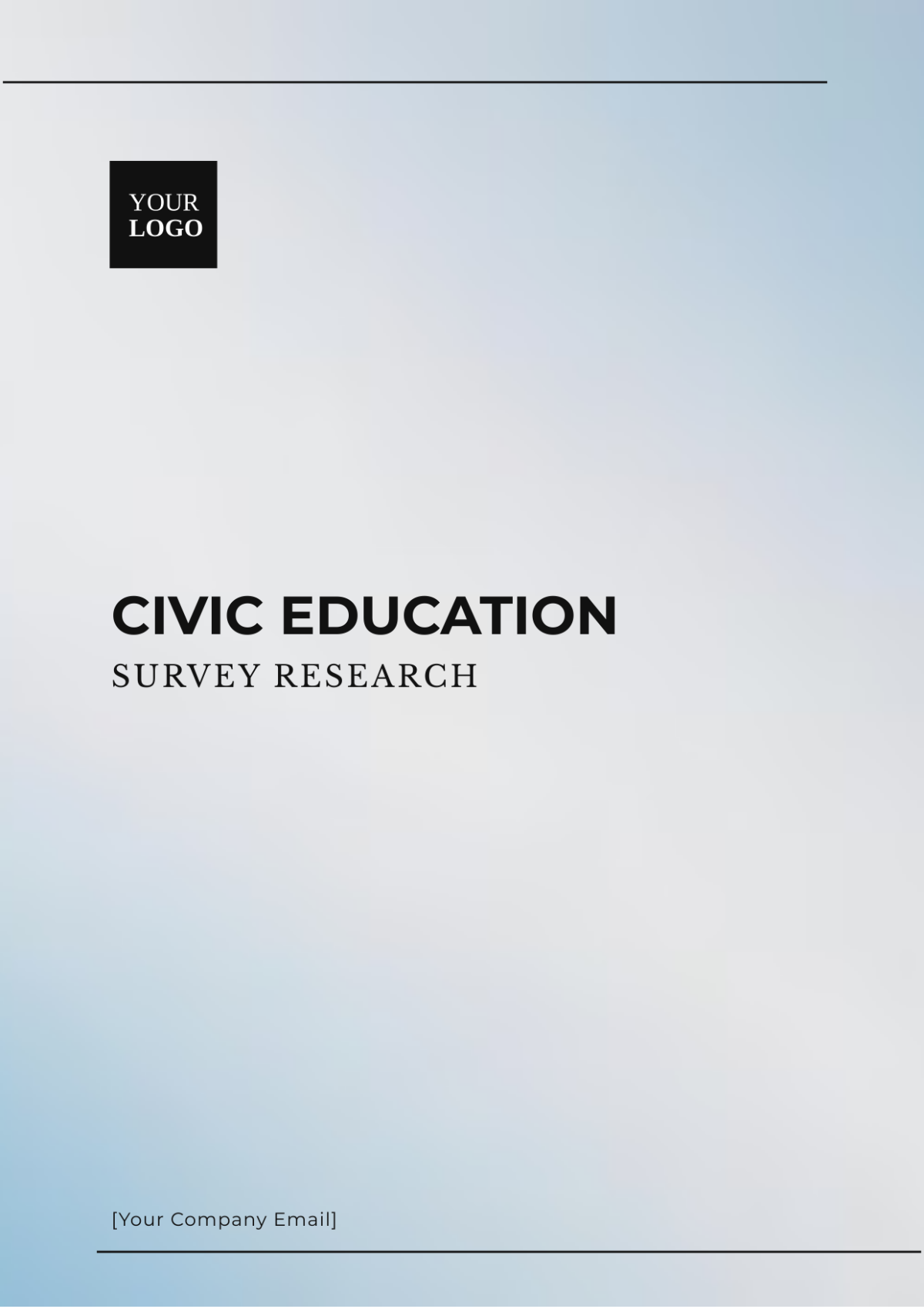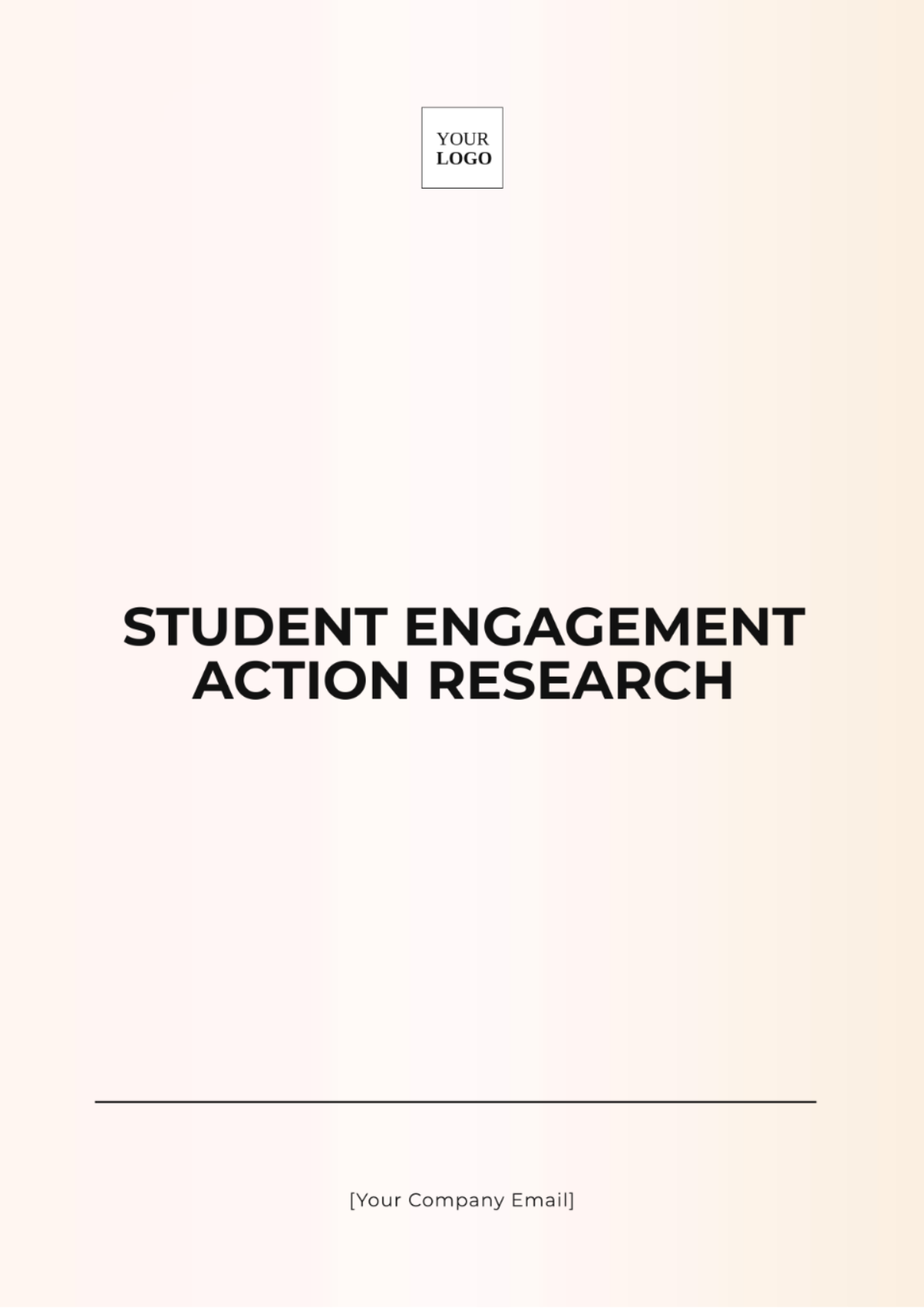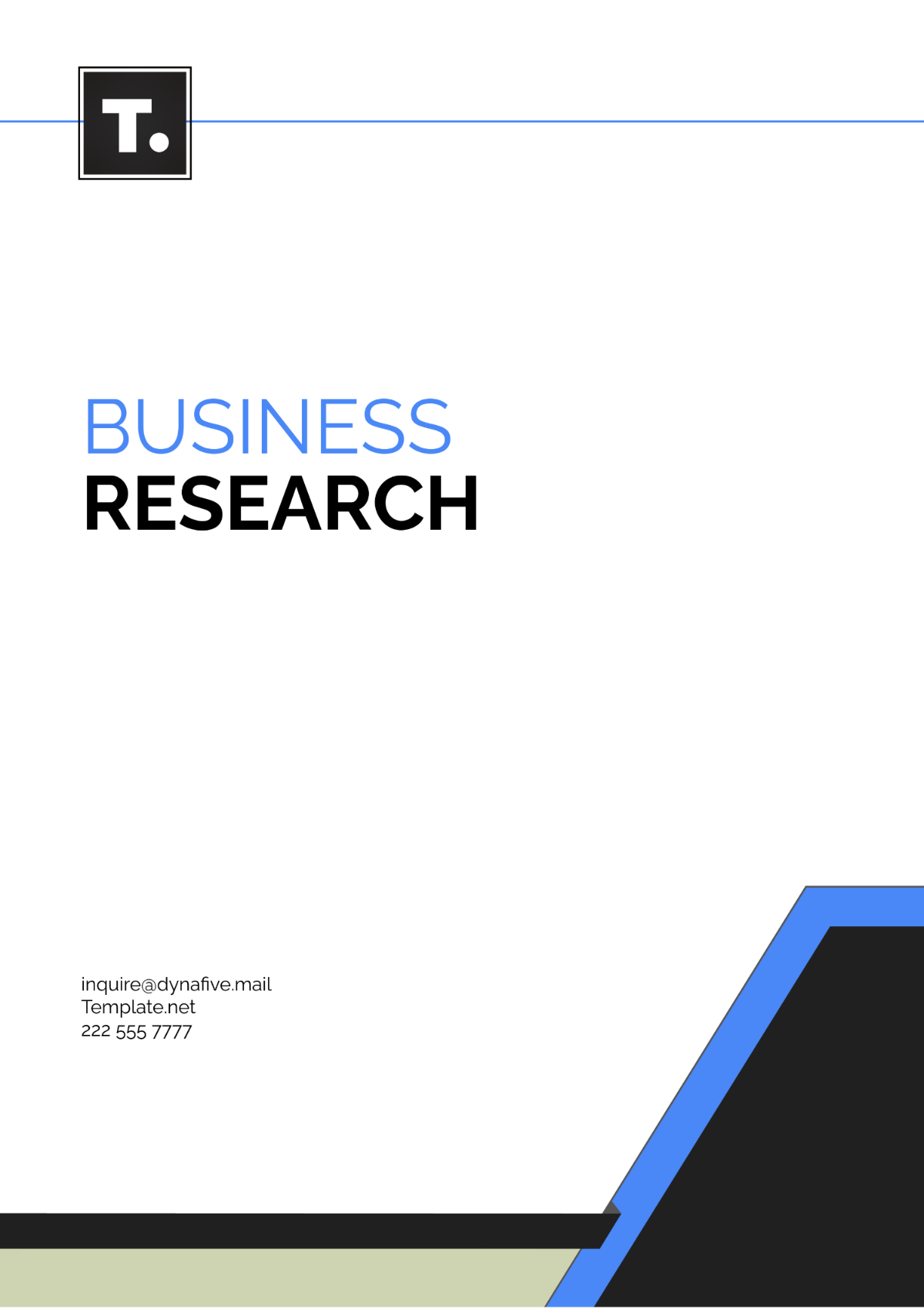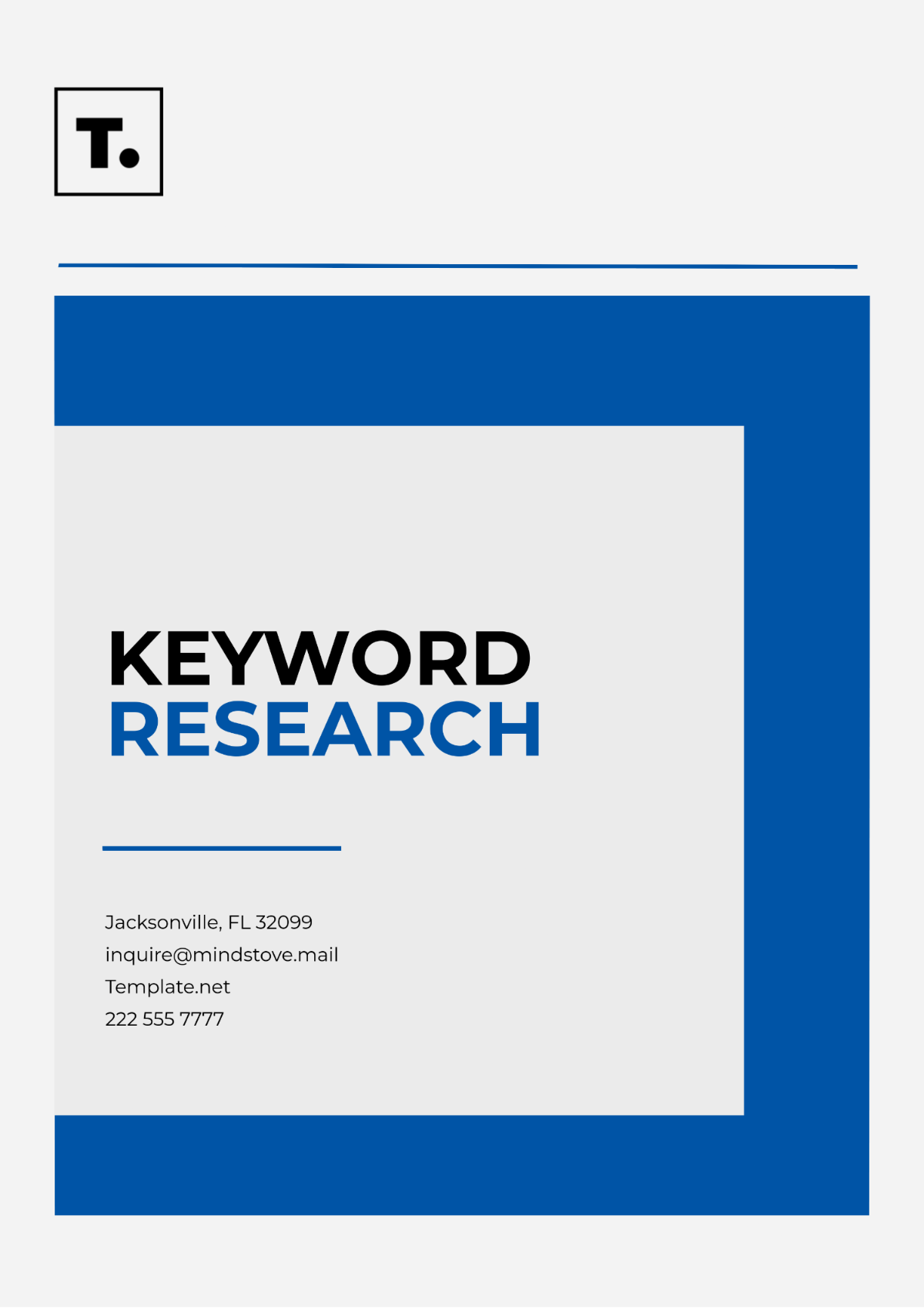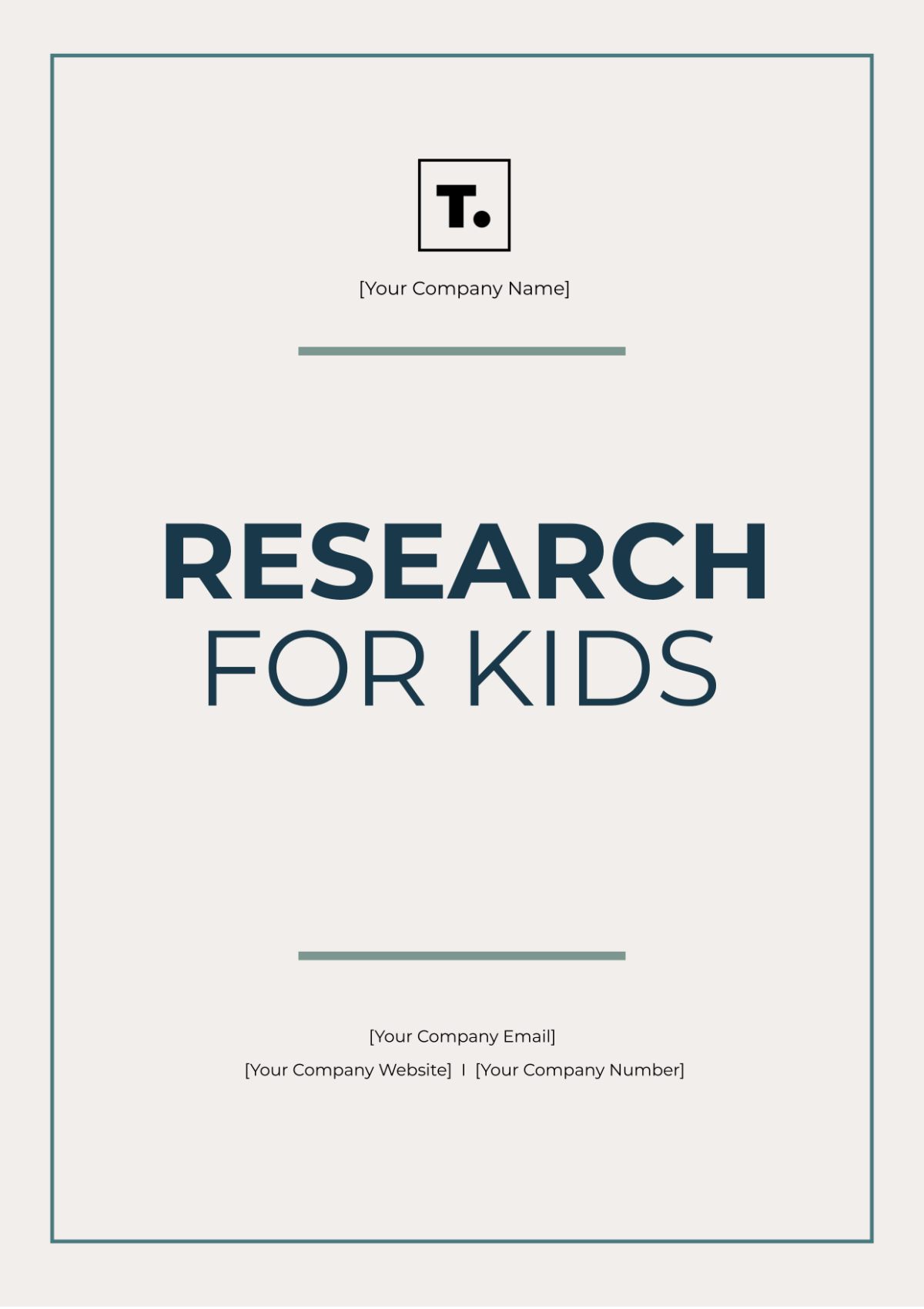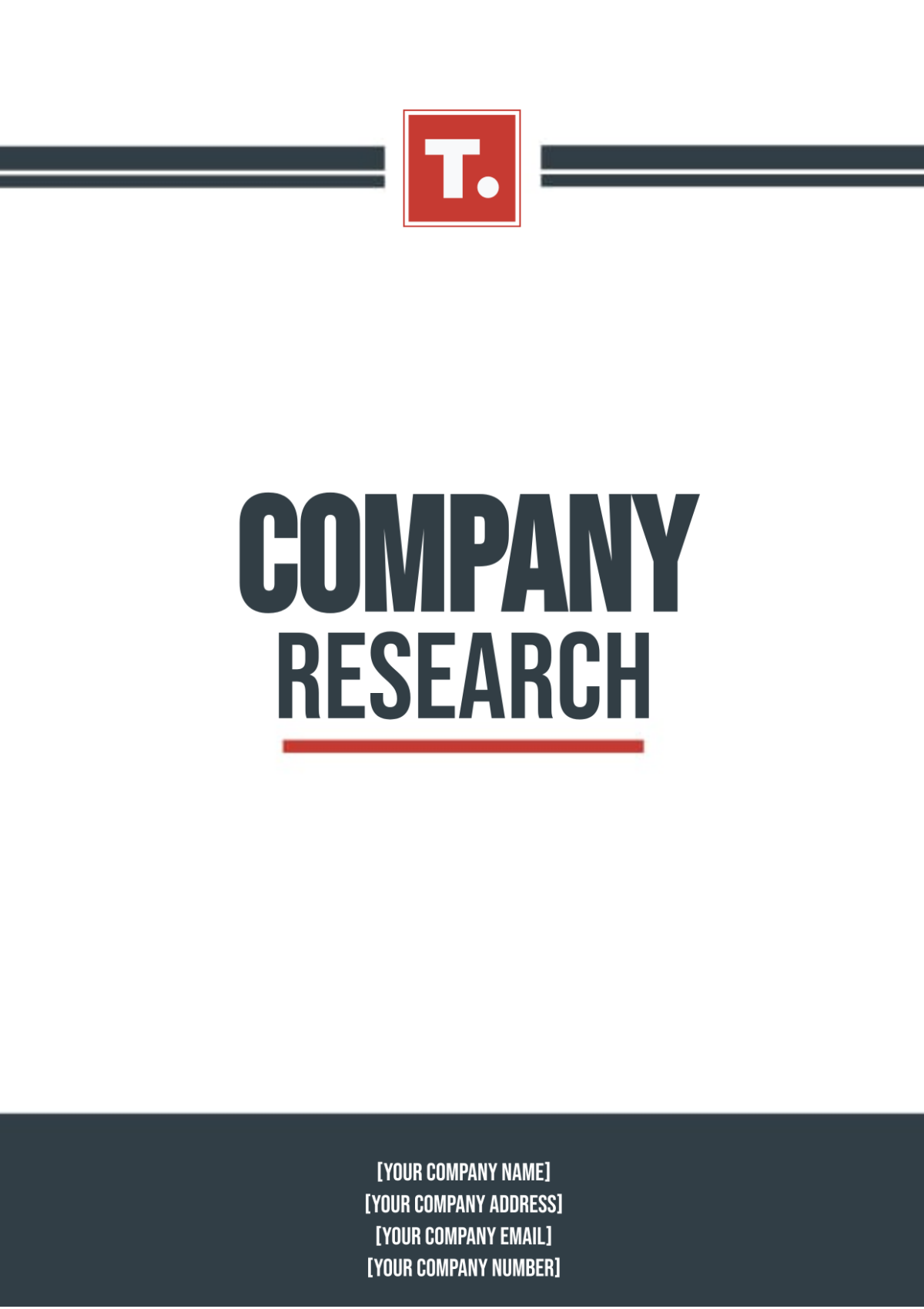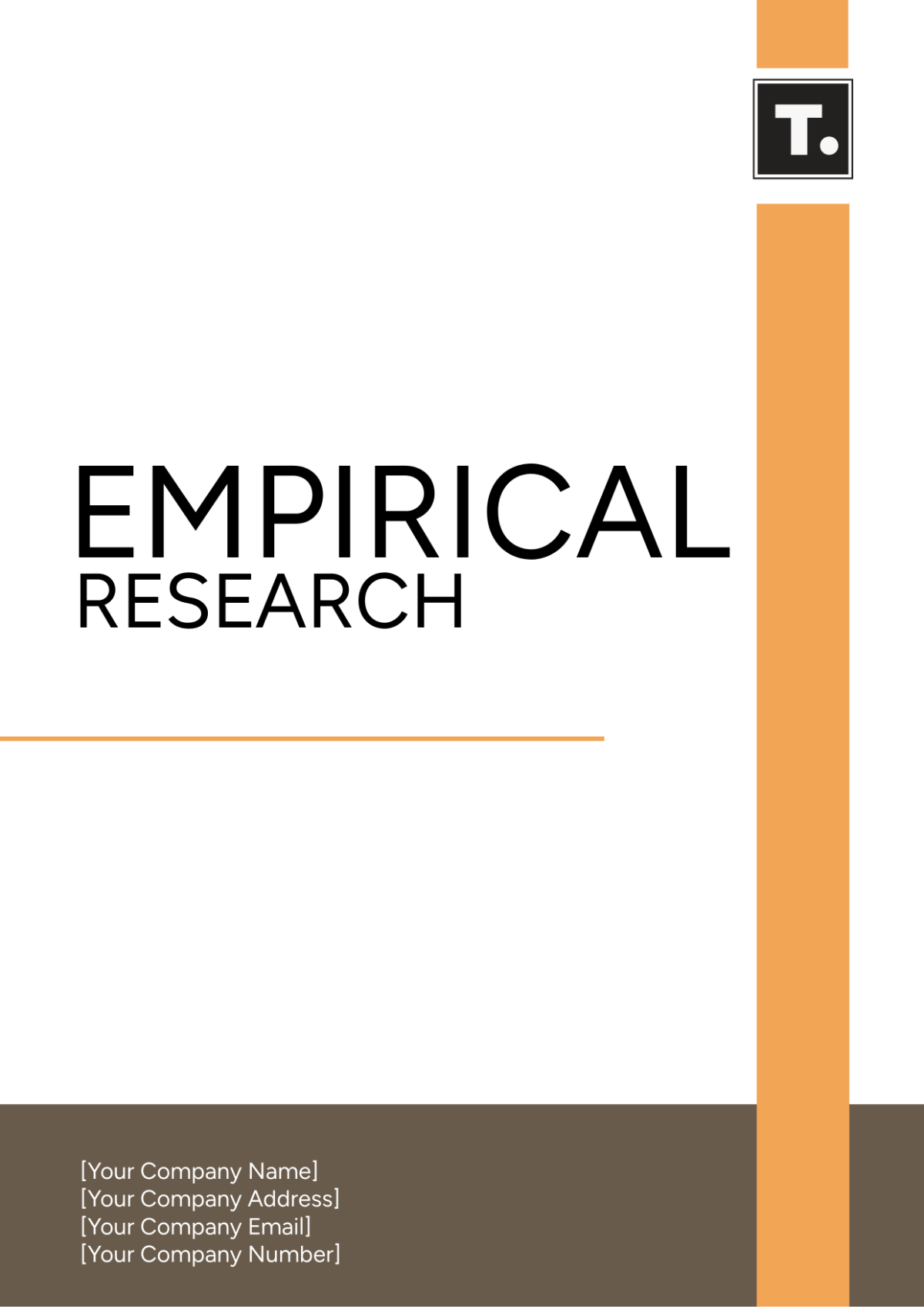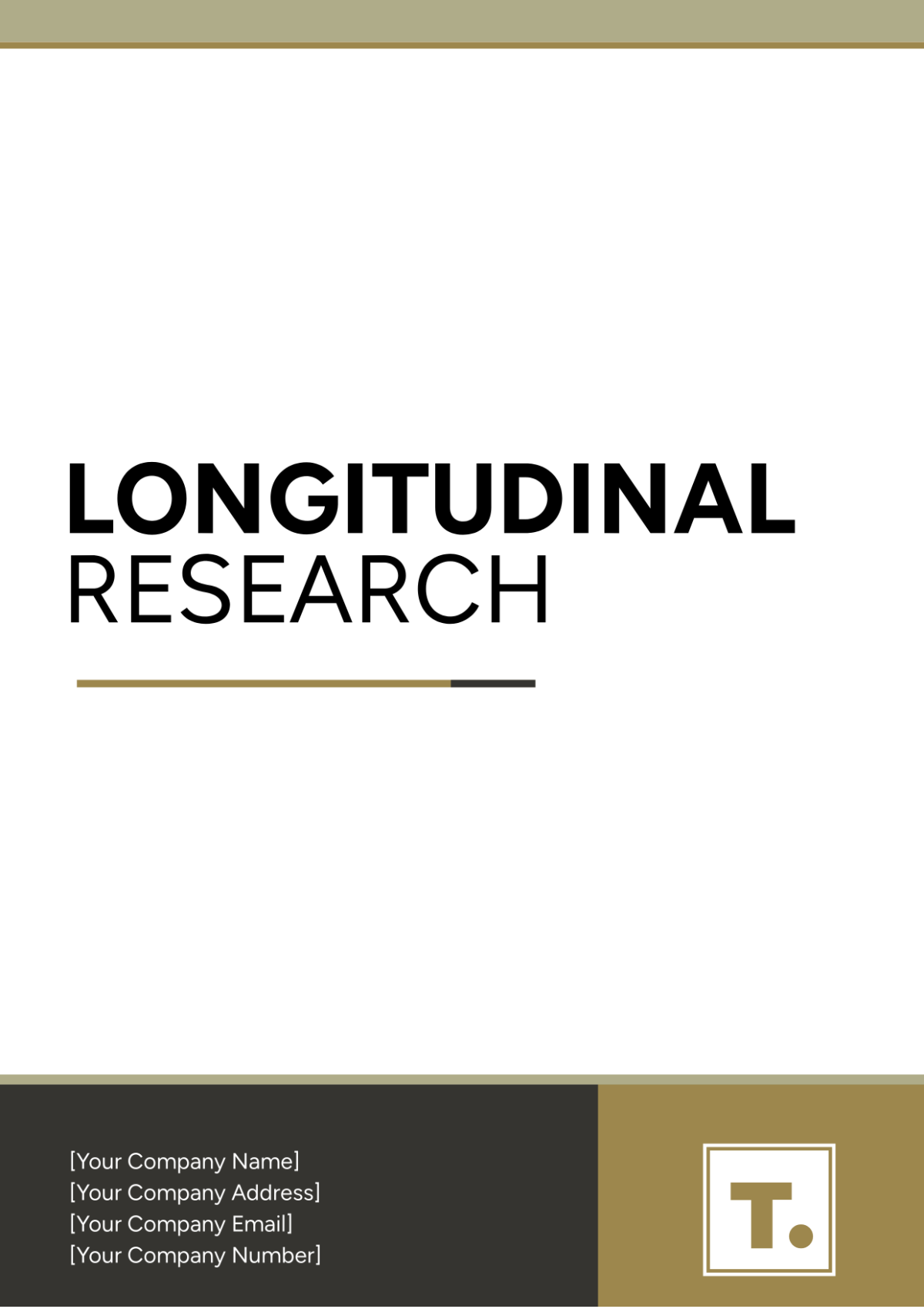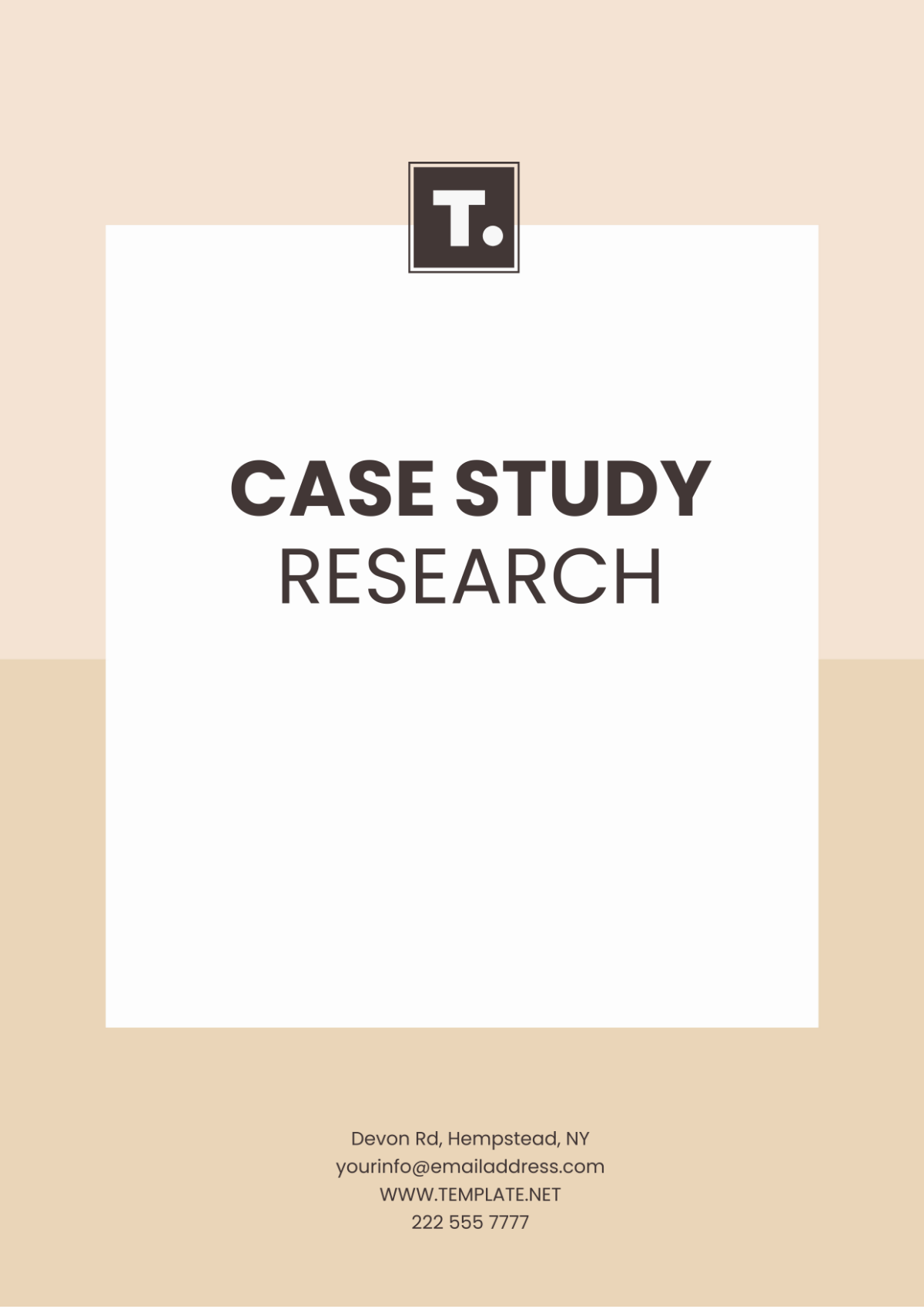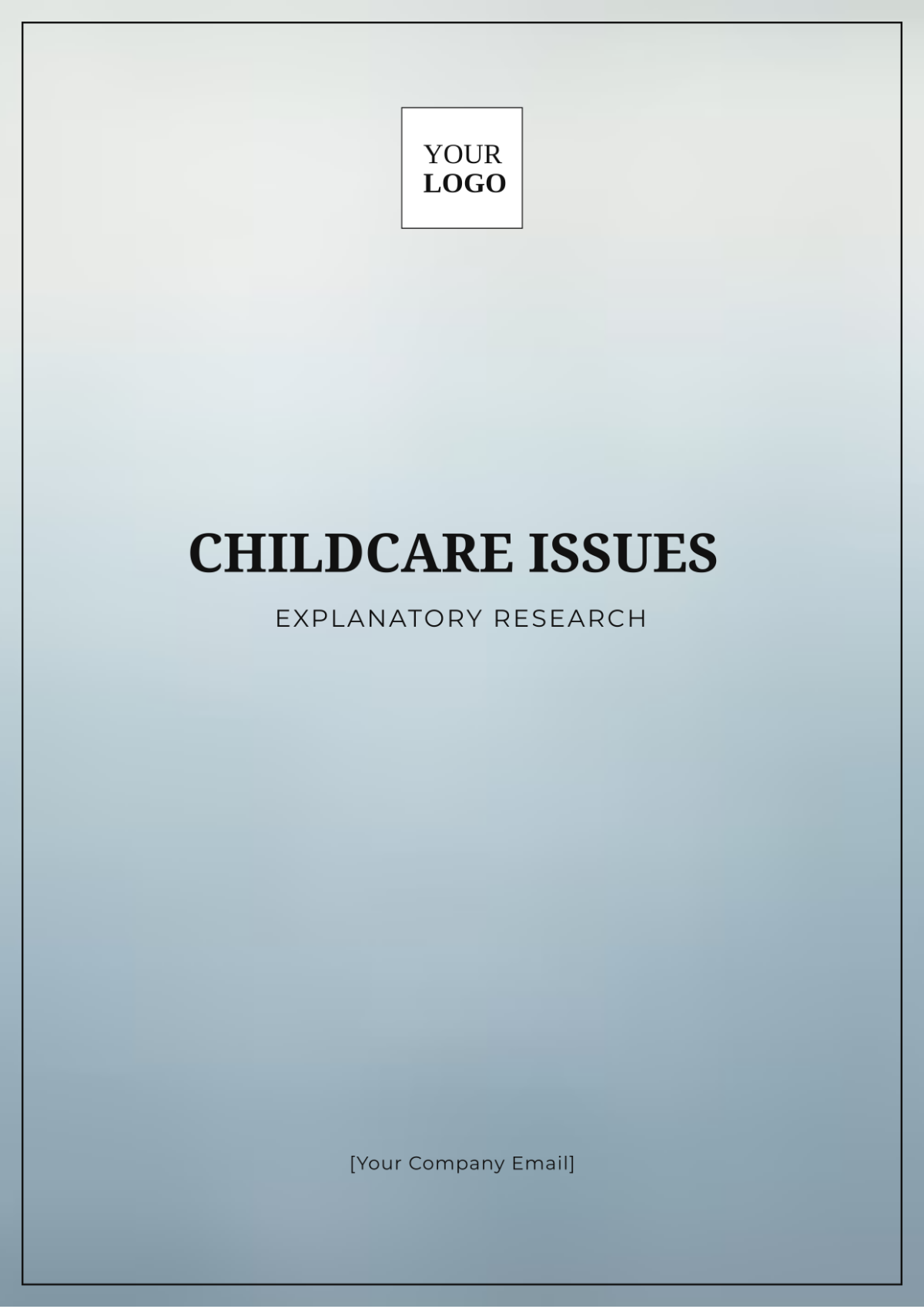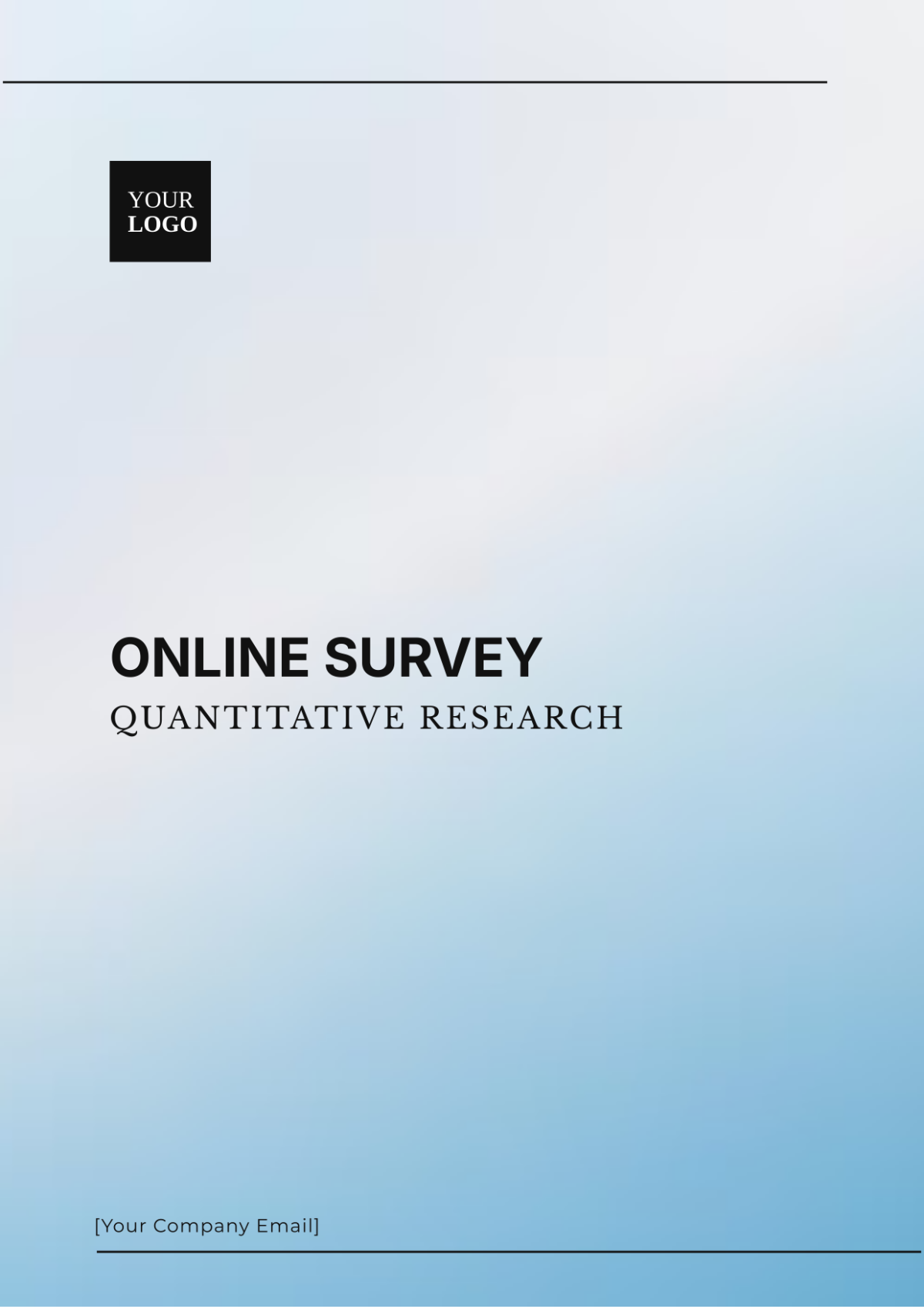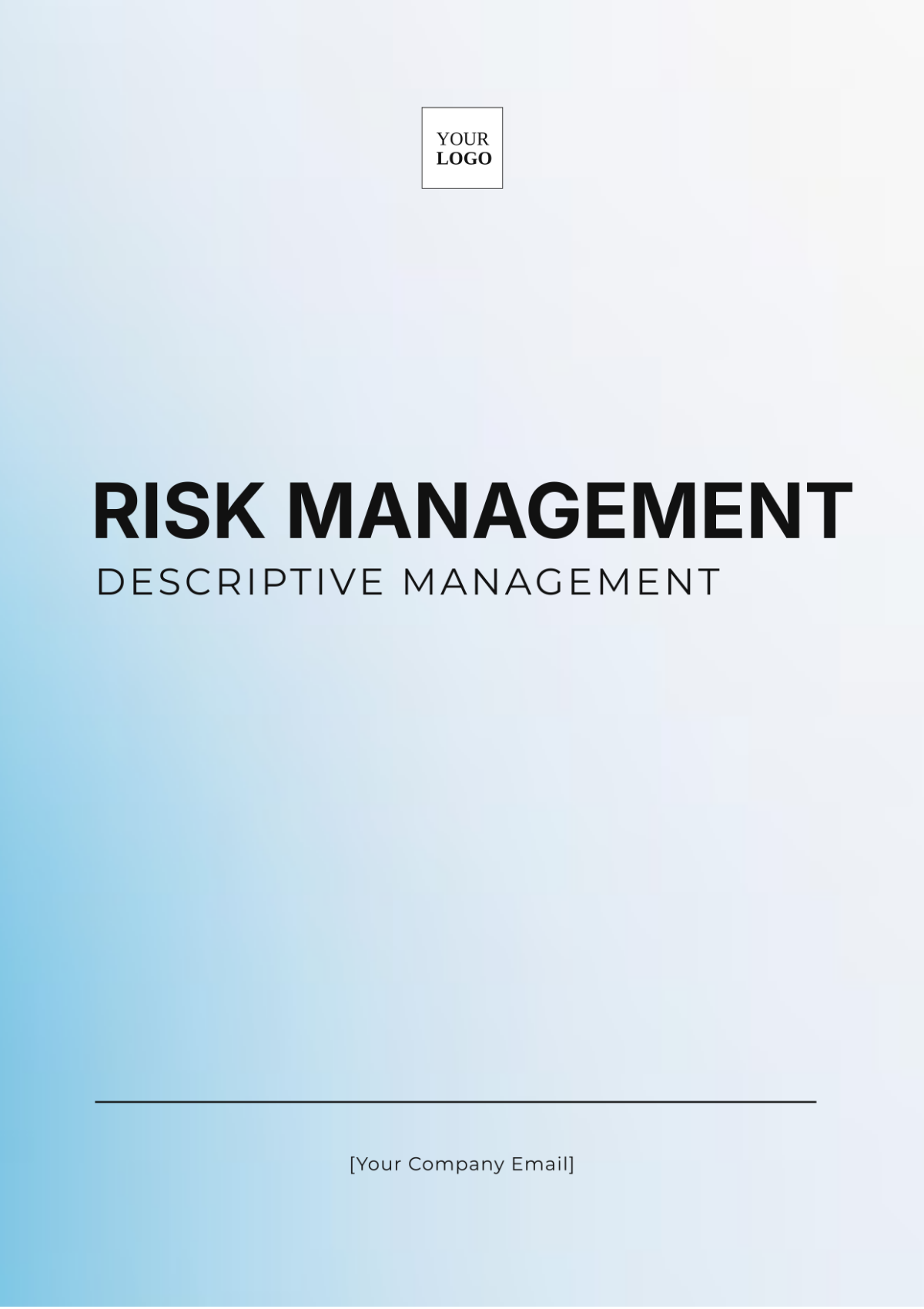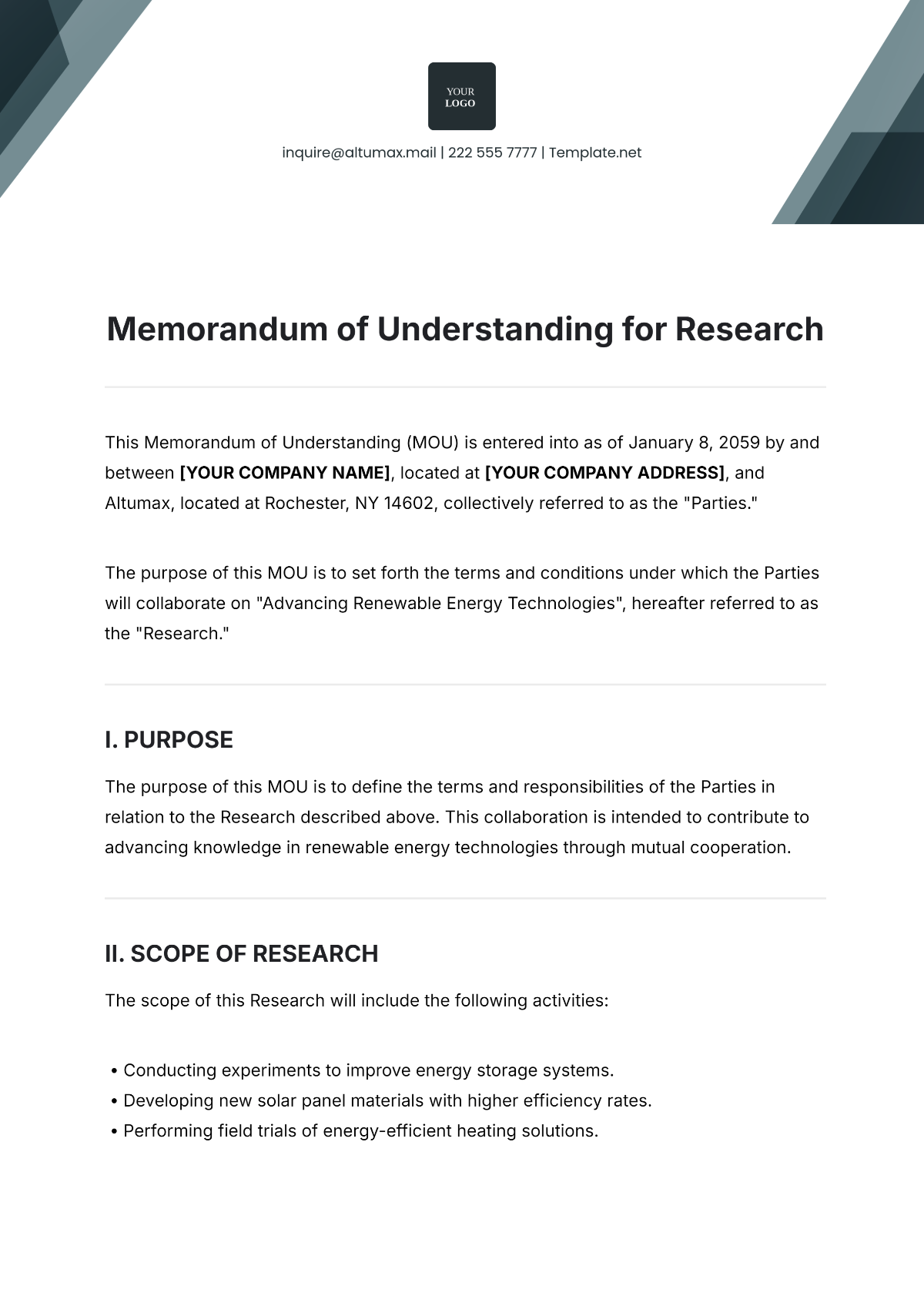Interview Evidence Explanatory Research
Introduction
Purpose of the Research: The purpose of this research is to explore employees' experiences with remote work, focusing on its impact on productivity and work-life balance. The study aims to gather insights into the benefits and challenges associated with remote work to guide future work arrangements.
Background Information: Remote work has become increasingly common in various industries. Understanding how it affects employee productivity and work-life balance is crucial for developing effective remote work strategies and improving organizational practices.
Methodology
Interview Process: Semi-structured interviews were conducted via video calls lasting approximately 45 minutes each. The interviews were recorded with participant consent for accurate data collection.
Participants: Ten employees from various departments within a mid-sized technology company were selected based on their experience with remote work. Participants included a mix of roles and seniority levels.
Data Collection Methods: Data was collected through audio recordings of interviews, which were later transcribed for analysis. Notes were also taken during the interviews to capture immediate observations.
Interview Summaries
Participant 1:
Name (or Pseudonym): Alice Johnson
Position/Role: Senior Software Engineer
Summary of Interview: Alice reported increased productivity due to fewer office distractions and flexible work hours. However, she also mentioned challenges in maintaining work-life balance and the lack of face-to-face collaboration.
Participant 2:
Name (or Pseudonym): Robert Lee
Position/Role: Marketing Specialist
Summary of Interview: Robert highlighted that while remote work allowed him to manage his time more effectively, he felt isolated and missed team brainstorming sessions. He suggested more virtual team-building activities to improve morale.
Participant 3:
Name (or Pseudonym): Emily Davis
Position/Role: Project Manager
Summary of Interview: Emily noted that productivity initially declined due to technical issues but eventually improved as the team adapted to remote tools. She emphasized the need for clear communication and regular check-ins.
(Repeat for each participant)
Evidence Analysis
Key Findings: The interviews revealed that remote work generally led to increased productivity for employees who could manage their time well and had a conducive home office setup. However, challenges such as isolation and communication barriers were common.
Patterns and Trends: A recurring theme was the positive impact of flexible work hours on productivity. Additionally, the need for improved virtual collaboration tools and regular team interactions emerged as critical factors.
Comparative Analysis: Senior employees reported greater flexibility and autonomy, which contributed to higher productivity. In contrast, junior employees experienced more difficulties adapting to remote work and faced more significant challenges in maintaining productivity.
Conclusion
Summary of Findings: The research indicates that remote work has had a mixed impact on employee productivity and work-life balance. While many employees experienced increased productivity due to flexibility and fewer distractions, issues like isolation and communication gaps need to be addressed.
Implications: Organizations should consider implementing hybrid work models and investing in virtual collaboration tools to enhance productivity and employee satisfaction.
Recommendations: It is recommended that companies provide support for home office setups, offer virtual team-building activities, and establish clear communication protocols to improve remote work experiences.
References
Citations: Smith, J., & Doe, J. (2056). Exploring Employee Experiences with Remote Work. University of Business and Technology.
Appendices
Interview Questions:
How has remote work affected your productivity compared to working in the office?
What challenges have you encountered while working remotely?
What changes or improvements would you suggest for remote work practices?
Consent Forms: Copies of consent forms signed by interview participants.
Additional Data: Transcripts of interviews, summaries of key observations.

